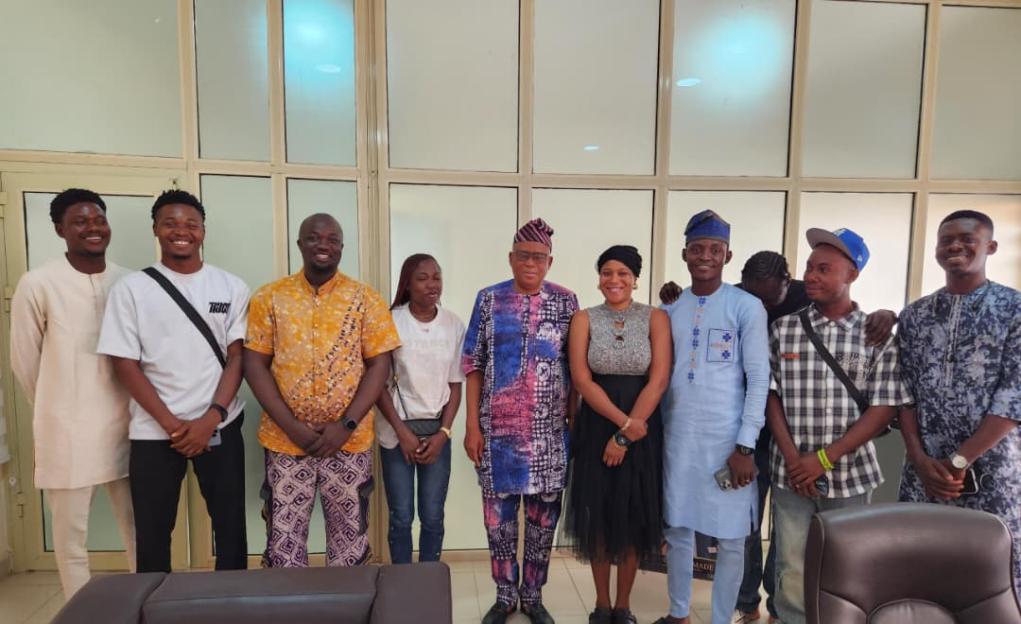Table of Contents
- No One Above the Law
- EFCC and NJI Workshop
- Commitment to a Corruption-Free Nigeria
- Role of the Judiciary
- Consequences of Compromised Justice
President Bola Tinubu asserts that no individual, regardless of their status in society, is exempt from the law during his administration.
Tinubu emphasized that his government cannot be accused of shielding any person or group from legal repercussions based on political ties.
The President made this statement on Monday while inaugurating the Economic and Financial Crimes Commission (EFCC) and National Judicial Institute (NJI) Workshop for Justices and Judges in Abuja.
He expressed that a corruption-free Nigeria is achievable if everyone dedicates themselves to acting ethically within their areas of influence.
The Nigerian leader urged the judiciary to remain steadfast, impartial, and incorruptible in administering justice.
He cautioned that the disintegration of any society begins when those responsible for interpreting its laws become compromised.
“The Federal Government, under my leadership, will ensure that no one is above the law. Our moral distinction as a people is derived from the judiciary, and we owe it the respect and independence to serve as the ultimate guardian of our collective conscience.
“There is also considerable concern regarding court decisions in significant corruption cases that foster feelings that society is being unjustly treated,” he noted.
FAQs
Is anyone above the law in Nigeria?
No, according to President Bola Tinubu, no individual is above the law in Nigeria.
What was the purpose of the EFCC and NJI Workshop?
The workshop aimed to enhance the understanding and application of justice among Justices and Judges in Nigeria.
How can Nigeria achieve a corruption-free society?
Achieving a corruption-free Nigeria requires a collective commitment from everyone to act ethically in their respective roles.







